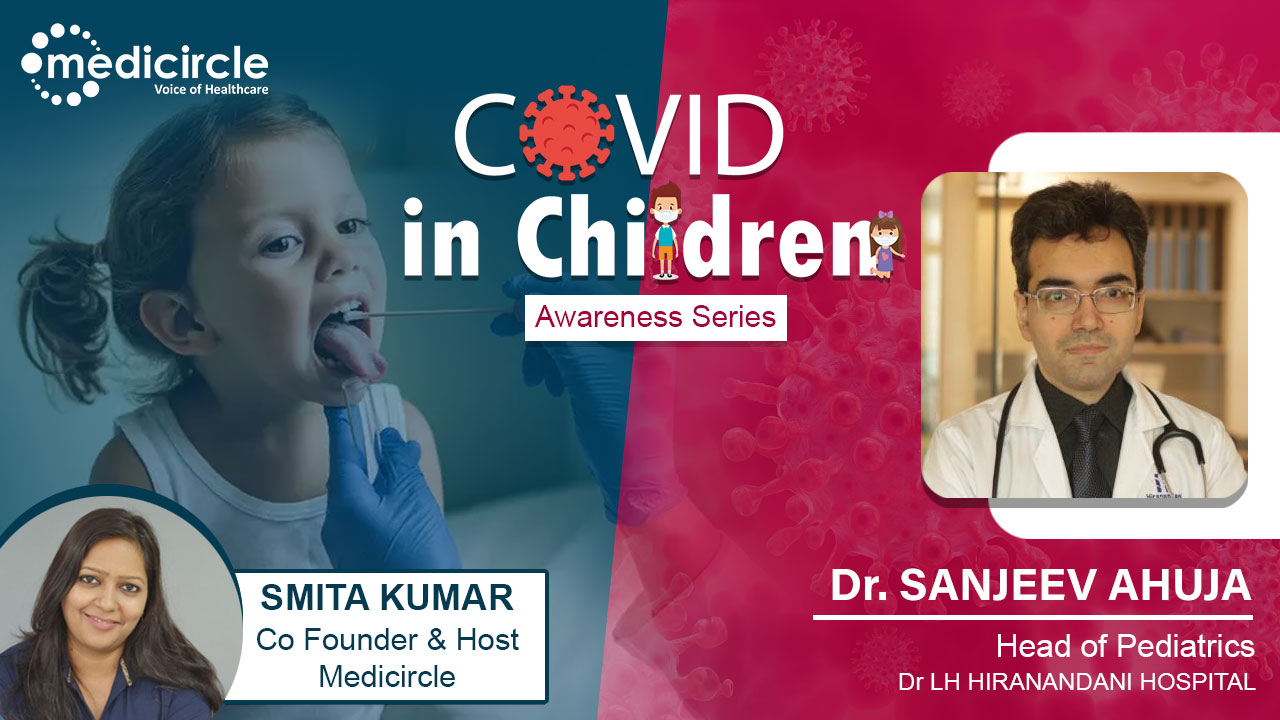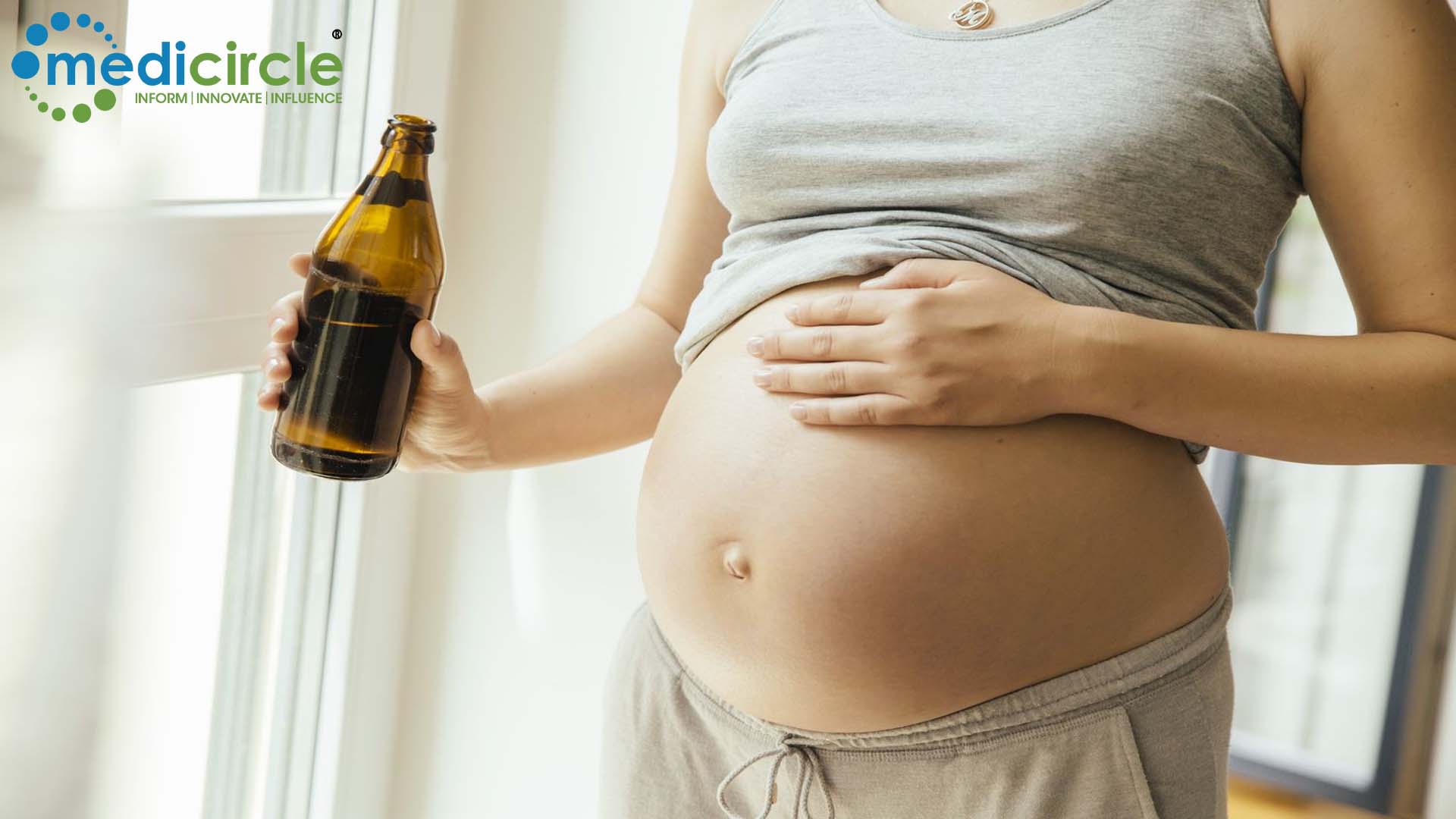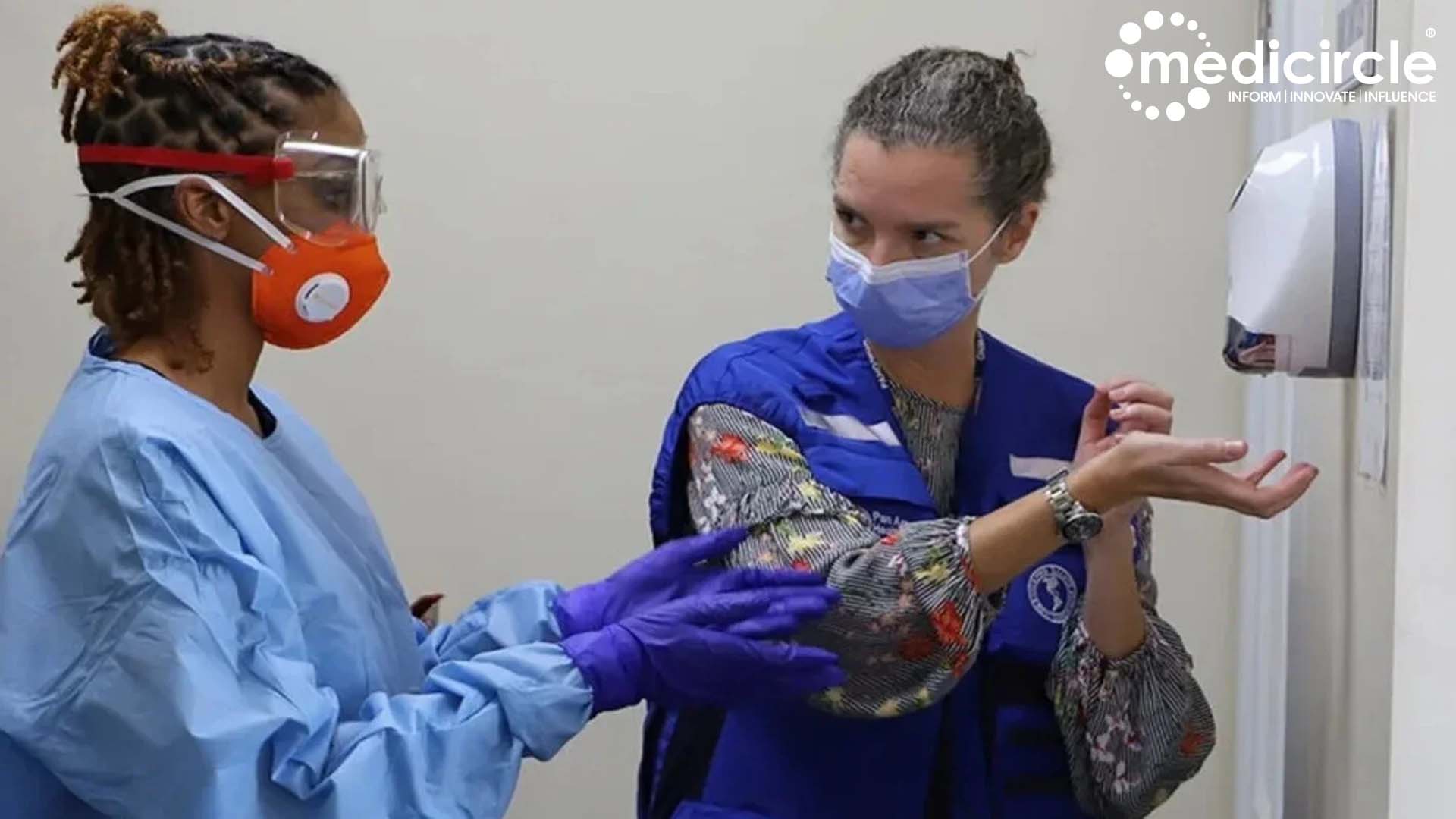Coronavirus has rapidly increased in severity in the second wave. Doctors are witnessing children as small as 2 years affected with lung infection and being hospitalized. Medicircle is conducting an exclusive series on “Covid in Children” featuring child specialists to spread awareness about how to stop this trend and make children safe.
Dr. Sanjeev Ahuja is one of the best Consultants in Pediatrics (Child Specialist) and Neonatal intensive care and has experience of 25 years in this field. After completing his post-graduation; Dr. Sanjeev Ahuja worked as a lecturer in Pediatrics at Sion Hospital, Mumbai for 5 years. His area of special interest is asthma, infectious diseases, and intensive care. Dr. Sanjeev Ahuja has over 16 indexed publications in Indian and International Medical Journals. He is associated with L H Hiranandani Hospital.
In 80% homes, if there are adult Covid patients, children are also getting affected
Dr. Sanjeev informs, “Numbers of teleconsultations regarding children’s health has increased manifold in the last one-and-a-half to two months. The number of cases is 15,000 -16,000 in Mumbai alone which is comparatively too high compared to the first wave of the pandemic. There are about 80% of homes where children have got affected from covid after adults have got affected. So, precautions are of utmost significance to prevent children from covid.
The encouraging part is that children are showing mild symptoms like mild fever or cough and cold, a little bit of loose motion, weakness, or loss of appetite in older children but these are getting over in 3-4 days. There are very few cases of hospitalization in this age group. However, we have to kill the nip in the bud because if cases of hospitalization of children start then there will be the inadequacy of beds, oxygen, and child specialists particularly in small towns,” mentions Dr. Sanjeev.
Red Flags in Children’s Health during Covid times that cannot be avoided
Dr. Sanjeev advises, “Even mild symptoms like fever should not be avoided. There is a tendency in parents to be reluctant about covid tests in children. They avoid tests thinking that fever etc. are just a seasonal thing or may be happening due to issues like teething etc. and that the children would get alright on their own. This tendency of fear from covid tests and a denial mode during these critical times must be avoided. Covid tests are a must in children and parents should get it done.”
Do’s and Don’ts to ensure children’s health
Dr. Sanjeev lists down following vital action points to avert any crisis:
- Elders should ensure that children get paracetamol in the ratio of 10-15 milligram per kg if they are feverish
- There should be an intake of Vitamin C, Vitamin D, multivitamin, zinc for at least 2 weeks
- Temperature monitoring and oxygen monitoring should be done and visit a doctor if the oxygen level is below 94
- It is very important for elders to keep wearing masks if either they or the children are affected. Immunities of children are robust so they are not getting severely affected but they are super spreaders and the manifestations are severe in elderly people like grandparents who have comorbidities like diabetes etc.
- The fingers of very small children are so small that checking of oxygen in an oximeter that is getting used at homes is not possible. Since proper probe facilities of the smallest of children are available in hospitals, very small children with fever or other symptoms should be taken to hospitals for check-ups immediately,” advises Dr. Sanjeev.
Second wave got prevalent because adults started taking things lightly and children emulated them
Dr. Sanjeev points out, “One of the reasons for more cases getting identified in children this time compared to last time is that this time, covid tests in children have been done more. Last time more parents were in denial mode. Also, there have been back-to-back many celebrations in the last few months starting from Diwali to Christmas and Holi where social distancing was not followed by adults so it is difficult to expect the same from children. Not only this, people took things lightly and went on to vacations as well in tourism spots and resorts, etc which were crowded areas. Also, children started playing in parks like normal days. It’s good that lockdown is being imposed. We can expect a dip in corona cases,” says Dr. Sanjeev.
He further mentions, “This time it’s a mutant strain which is far more easily infective. It's very difficult for children below two or two-and-a-half age group to wear masks but children above that should be properly trained. This training should begin with elders. They should be wearing masks so that children follow them. If elders keep on being casual like the last few months, then there would be many waves of covid in future,” alerts Dr. Sanjeev.
Covid positive mothers should not stop feeding their new-borns
Dr. Sanjeev advises, “If a mother of a new-born has got Covid infected, the child should not be kept away from the mother, rather breastfeeding should continue. Handwashing and masking practices should be followed. Nutrition that comes from mother’s milk, fluids and routine vaccination of new-borns should not be ignored.”
Kawasaki Disease
Dr. Sanjeev informs, “A new trend is getting observed in this second wave. After the cases of mild symptoms of corona like fever etc., things are getting normal through home quarantine but after a few weeks, a multi-inflammatory syndrome gets evident in some individuals. There is fever, rashes in the body, tongue turns red; which is called the strawberry tongue, congestion in eyes, etc. This is also known as Kawasaki disease. It's not very common but in some small children after a few weeks of covid infection, this syndrome is getting observed. It can be potentially fatal and immediate doctor consultation is required if symptoms get very severe.”
Doctors and patients should make judicious use of resources
Dr. Sanjeev emphasizes, “If symptoms are not aggravated, fever is controlled with paracetamol, the oxygen level is maintained, there is not much cough and cold, then patients should be in home quarantine to treat themselves. However, if fever is continuing even after 5 days, the child is feeling lethargic, breathing issues, cough not in control, and there is problem in eating then the doctor should be consulted, and if advised the child can get admitted to hospital.
However, doctors should do rational admitting in hospitals and patients should not unnecessarily occupy valuable beds. Doctors should identify with their expertise whether at all admitting someone in the hospital is required. Also, some patients are getting unnecessarily panicky and want to get themselves admitted in mild symptoms in fear that they might not get a bed later if required. That’s not good. Also, oxygen is medicine now. So, judicious use is important of it as well as other resources,” advises Dr. Sanjeev.
(Edited by Amrita Priya)

 Dr. Sanjeev Ahuja, Pediatrician talks about vital aspects of Covid in Children. He touches upon the reasons for the high number of infected children in the second wave, red flags in children’s health during Covid times that should not be avoided, the rare but new trend of Kawasaki disease in children and gives a bit of advice to Covid positive mothers.
Dr. Sanjeev Ahuja, Pediatrician talks about vital aspects of Covid in Children. He touches upon the reasons for the high number of infected children in the second wave, red flags in children’s health during Covid times that should not be avoided, the rare but new trend of Kawasaki disease in children and gives a bit of advice to Covid positive mothers.












.jpeg)















.jpg)




